In Nigeria, obtaining emergency medical assistance is a scarce privilege. There are only 0.4 ambulances available per 100,000 people, far below the WHO’s recommendation of one per 10,000. The stakes are exceptionally high for pregnant women and newborns, as more than 80% of maternal deaths in Nigeria could be avoided with timely intervention. It is against this stark reality that Emergency Response Africa (ERA) convened the inaugural Prehospital Emergency Care Stakeholder Summit, Beyond the Ambulance, in Lagos.
Inside the Four Points by Sheraton, healthcare executives, policymakers, emergency responders, and industry experts, recently gathered to address critical challenges in emergency care and explore solutions for a more efficient and responsive emergency care system in Nigeria.
The summit opened with a sense of urgency. “We cannot continue to treat emergency medical services as an afterthought in healthcare planning,” said Folake Owodunni, CEO of Emergency Response Africa. “Every second counts in an emergency and it is essential to create an ecosystem that ensures people get help when they need it most. Folake strongly advocates that strengthening emergency medical services has the potential to drastically reduce preventable deaths and improve timely access to medical care, especially in emergencies.
Her words resonated deeply with Dr. Benjamin Wachira, founder of the Emergency Medicine Kenya Foundation, who delivered the keynote address. “Africa needs a prehospital care system that integrates community engagement with technology. By training community members as first responders and leveraging digital tools for rapid response coordination, we can improve emergency care accessibility and efficiency” Dr. Benjamin emphasized.
54% of mortalities we get from emergencies can be averted if they had had pre-hospital care. says Dr. Tomi Coker, Honourable Commissioner for Health in Ogun State,
Before now, the focus of emergency healthcare has been within the facility and not pre-hospital, so the importance of this summit is that we are now having a conversation around what happens to accident victims or any medical emergency before getting to the hospital. Dr Tomi Coker outlined Ogun State’s recent efforts to combat maternal and neonatal mortality through the launch of the Maternal and Newborn Mortality Reduction Innovation and Initiative (MAMII), emphasizing the government’s commitment to enhancing maternal and newborn survival rates.
In Lagos, the most populous city in Africa, Permanent Secretary of the State’s Ministry of Health, Dr Olusegun Ogboye, says the state is working towards an emergency response system where there are available ambulances to attend to victims anywhere between 15 and 30 minutes before taking them to the hospital. As a state, emergency response is something we have a lot of passion for, it’s a cause we have been pushing for the last 4 or 5 years, and it’s the reason we are contributing to the Pre-hospital care conversation.
Amina Zakhnouf, Investment Officer at the Fund for Innovation in Development (FID), echoed the call for financial backing at the Summit disclosing that FID is committed to funding scalable solutions that save lives. We’ve partnered with Emergency Response Africa for the last 18 months, as a primary funder, we are pleased to be able to help them test and experiment with this new model of emergency care services, within Edo state. “At FID, innovation is key to solving some of the world’s most pressing challenges, including poverty, inequality, and access to emergency medical services.
While the discussions at the summit were inspiring, the obstacles remain daunting. Nigeria’s emergency medical services face numerous barriers: an absence of centralized emergency numbers, the lack of paramedics as a recognized health worker cadre, and an underdeveloped reimbursement framework that leaves EMS financing in a precarious state.
The summit highlighted innovative approaches already making an impact. Community-Based First Responder (CBFR) models, where trained volunteers provide immediate aid to emergency victims before paramedics and an ambulance arrive at the scene.
As the summit drew to a close, one message was clear: the time for theoretical discussions was over. It’s time for action. Public-private partnerships must be strengthened, regulatory frameworks must be established, and most importantly, emergency care must be accessible to all Nigerians—whether in Lagos or the most remote villages across Nigeria.
Folake’s final remarks underscored the urgency: “Every moment we delay, lives are lost. We must build a system that ensures emergency medical services are not a privilege but a right. In the last 18 months, we have done quite a bit of work across 3 different states in Nigeria and we have learned a lot of lessons that we believe can hold value as Nigeria journeys towards increased access to pre-hospital emergency care”



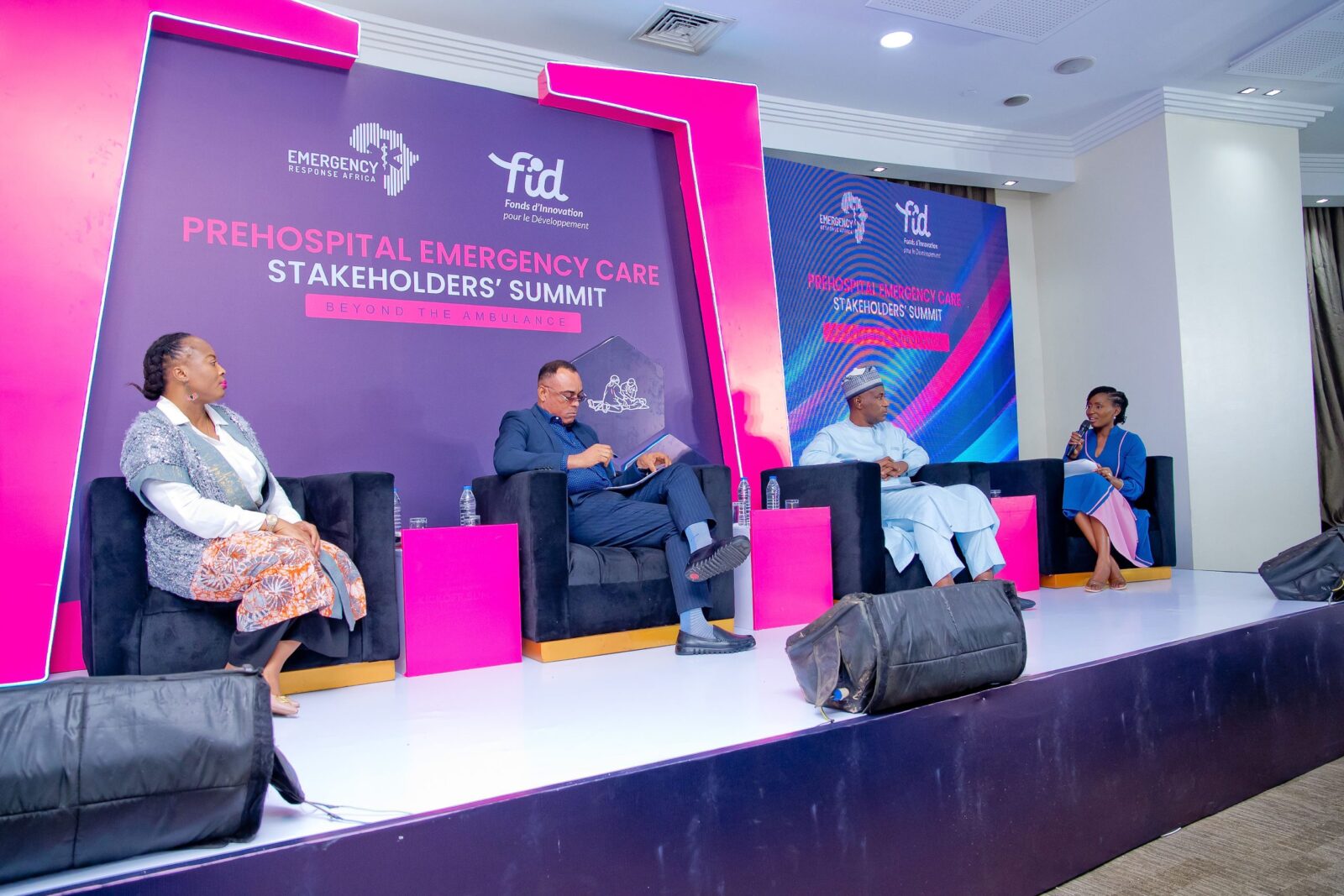

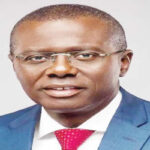
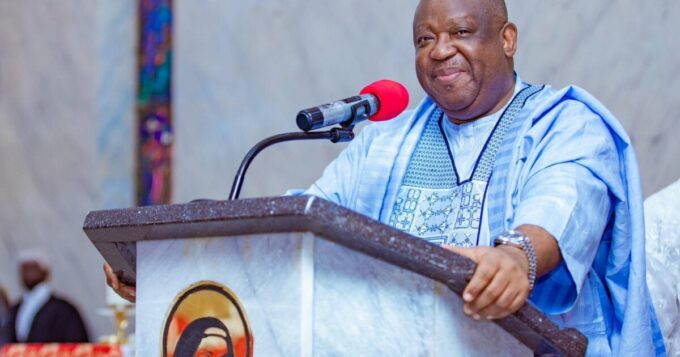
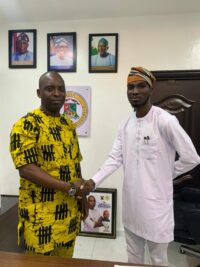


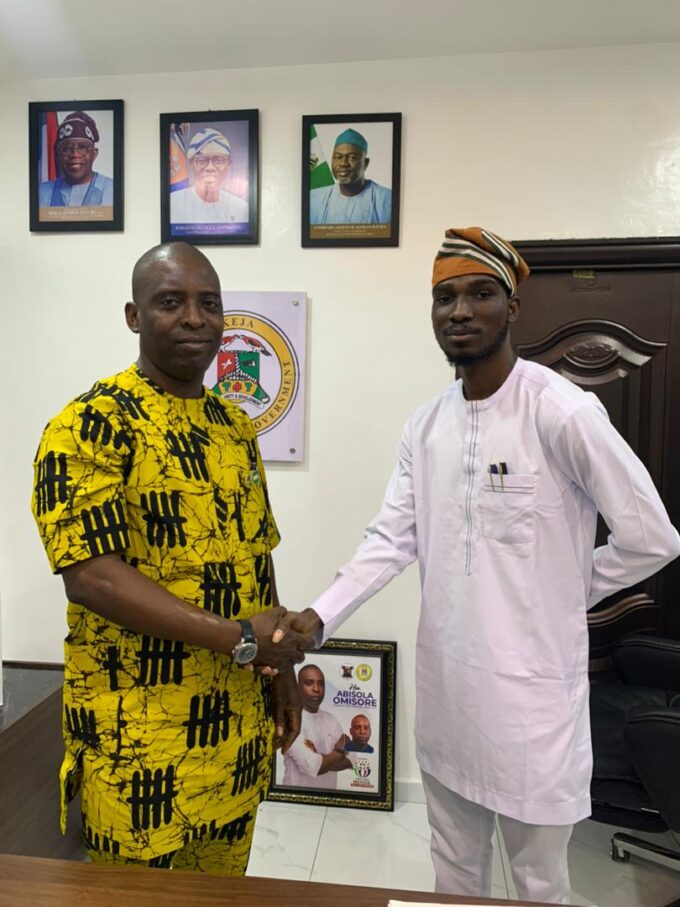
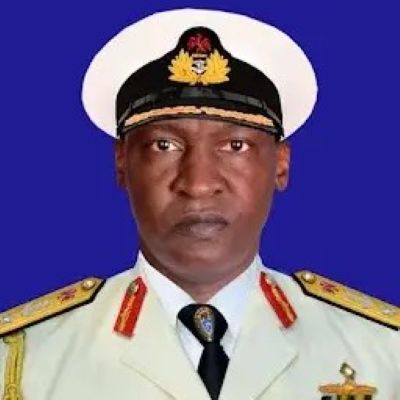
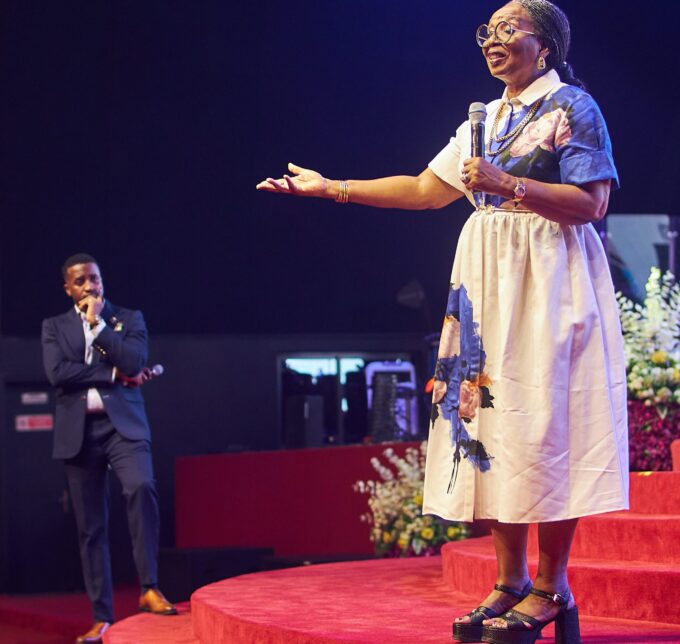





Leave a comment